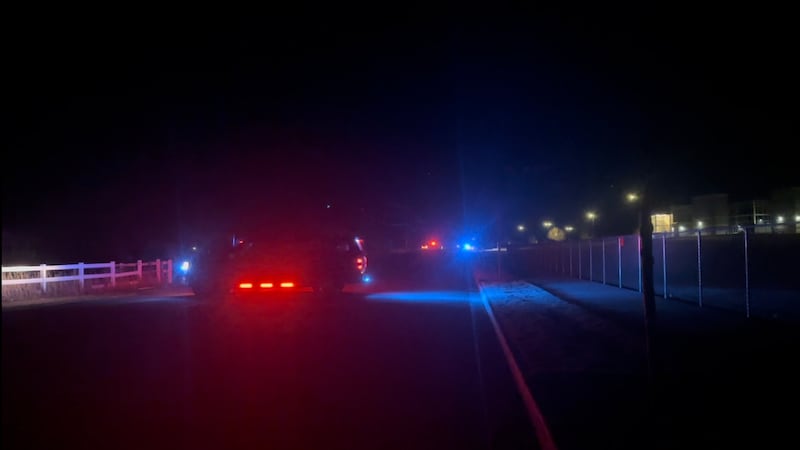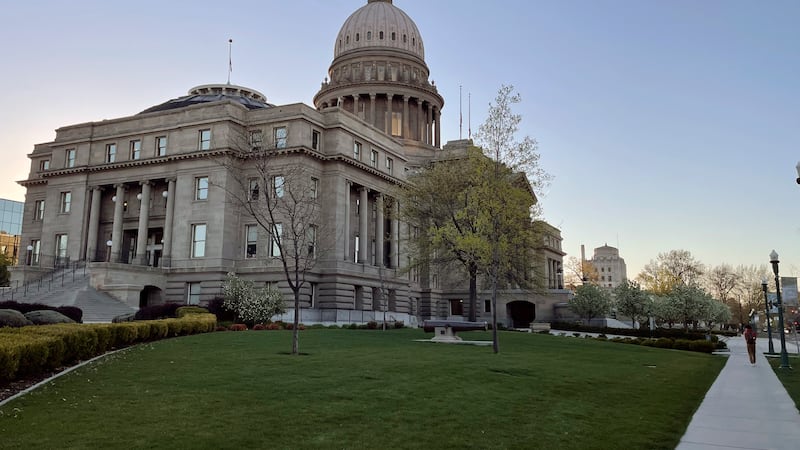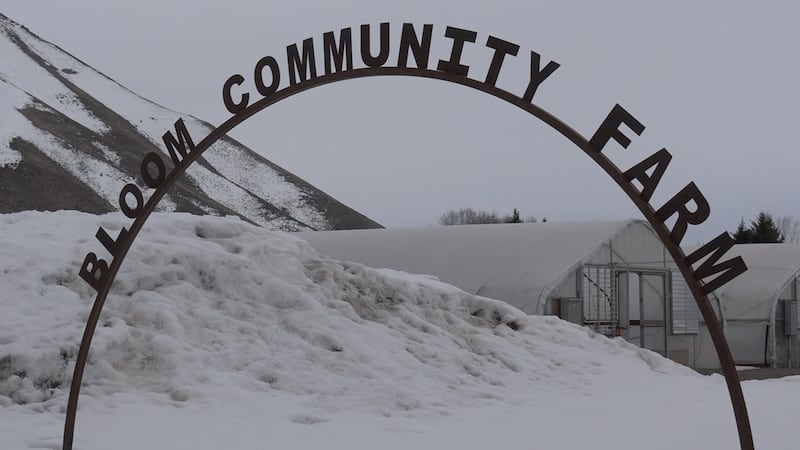Idaho superintendents share their concerns on school choice proposal
TWIN FALLS, Idaho (KMVT/KSVT) — The debate over school choice continues at the state capitol. On Sunday, we heard from lawmakers on both sides of the issue.
In part two of KMVT’s “School Choice” Series, we spoke with the superintendents of the Kimberly, Twin Falls, and Blaine County School Districts to get their thoughts on school choice, and what could happen if it becomes state law.
“Obviously proponents of public education are concerned about the dollars and what this will do to public schools,” says Kimberly School District’s Superintendent, Luke Schroeder.
Schroeder says he believes the state of Idaho already has a great system when it comes to allowing parents to choose where their children will attend school. But when it comes to the debate over school choice, he says it’s turned more into a battle of emotions than facts and no one is asking the right questions.
“I always want to ask myself why. what is the why behind this? Why are we looking at vouchers? And often times we hear from those that are proponents of vouchers that public school has failed them, and I would question that in Idaho,” says Schroeder.
The Idaho Department of Education reported just last month that grade school student achievement is at or above the national average in reading and mathematics, compared to peers nationwide.
The department also reported that students with disabilities’ average scores in reading and math increased by 13 points since 2022. That information is based on the National Assessment of Educational Progress or the NAEP test.
“One of the only assessments that we are able to do to measure student achievement is the NAEP test and for many years, Idaho has always been in the top quartile,” says Schroeder.
Schroeder adds when it comes to school choice, there are concerns that smaller, more rural districts could see bigger impacts than larger ones.
“Often times it becomes difficult for small rural communities to fund education, and it’s going to be detrimental to those communities because they’ll have to fund private schools, but they won’t be able to take advantage of it,” says Schroeder.
In the Twin Falls School District, Superintendent Brady Dickinson says providing choices for students and parents is absolutely valuable, but he adds that state leaders need to careful in how they do it.
“In terms of funding school of choice, it could lead to additional reduction in enrollment, and that’s fine if we see some drop in enrollment. My bigger fear is that a tax credit or voucher systems starts out small but could end up becoming a real problem down the road,” says Dickinson.
Dickinson points to Arizona, noting how the state went over budget after signing a similar proposal into law back in 2022
“Arizona went into it with a small proposal, kind of like here in Idaho right now,” says Dickinson. “Now if you look at the state, they’re struggling to making financially because of all the money they’re paying out for school choice. So I think as people in Idaho we need to make sure whatever we do, we are setting ourselves up long term so that we can balance our budget.”
Dickinson adds that it’s important for lawmakers to ensure that they’re also taking care of programs already in place.
“I do know an area that we are struggling with right now within public schools is within the area of special education. Special education has been historically underfunded, and I know it’s difficult when you’re talking about funding, but we really do need more staff within the special education world,” says Dickinson.
In Blaine County, Superintendent Jim Foudy says a school choice bill likely wouldn’t have much impact on his district because many schools are already at or near capacity.
“There won’t be a significant shift in student population. If this legislation passes, depending on what bill passes, the legislation out of the house would simply put dollars back in the pockets of families who are already paying private school tuition and would have no impact on the enrollment of the school district,” says Foudy.
While Foudy has fewer worries for his district, he does hope that if the bill does pass, that non-public schools will be held to the same standards as public schools.
“In the state of Idaho we have a long-standing tradition, expectation by the legislature to return on investment,” says Foudy. “In public schools we are held accountable for those resources. Any dollars that are going to be allocated differently, I would hope-- I think that we would all hope that there is a measure of accountability attached to that.”
In Governor Little’s State of the State Address, he did say that he would consider a school choice bill as long as it’s fair, responsible, transparent and accountable. On Wednesday, we will speak with private schools and home schoolers about House Bill 93 and the impacts it will have on them, next.
Copyright 2025 KMVT. All rights reserved.















